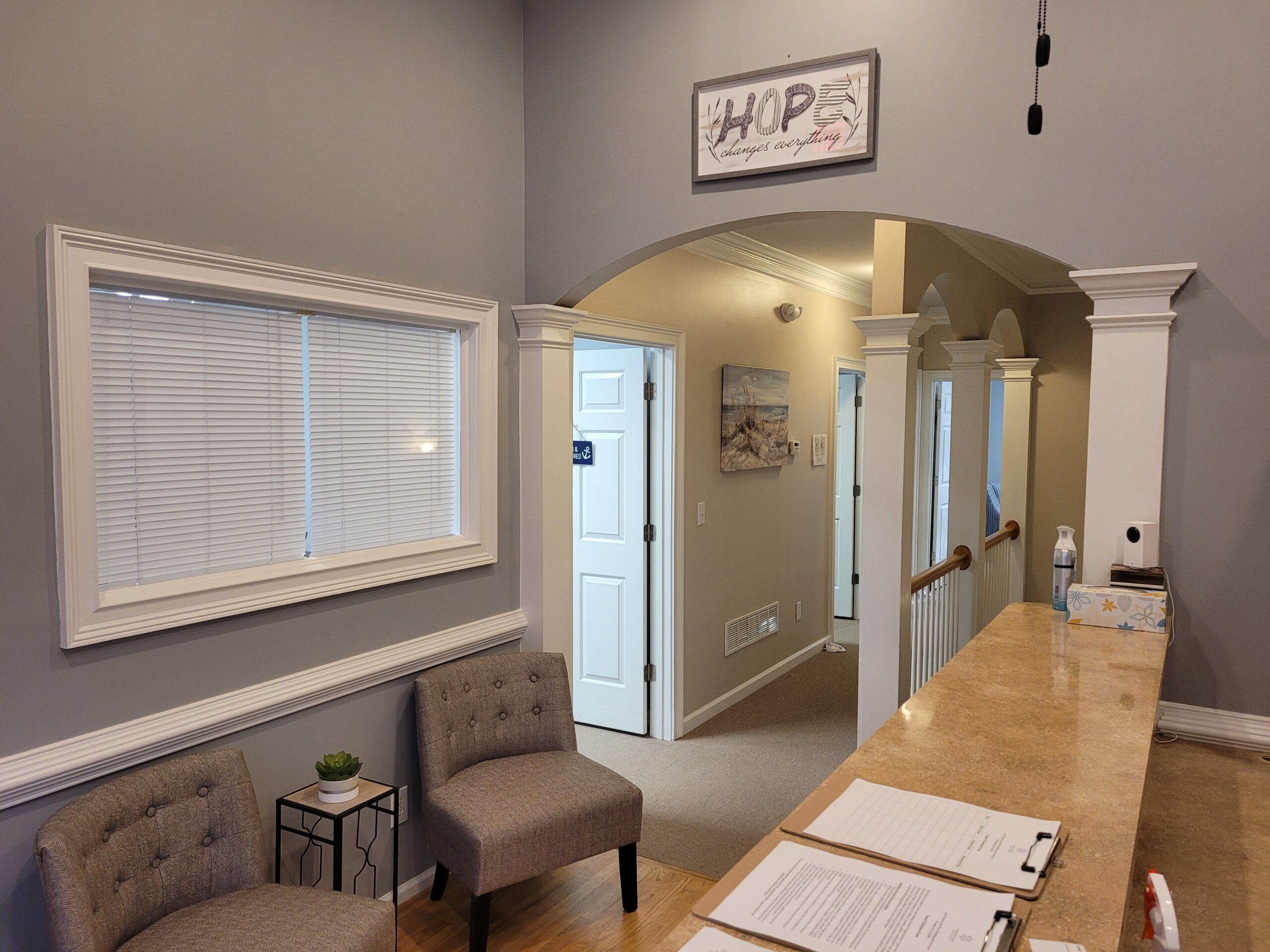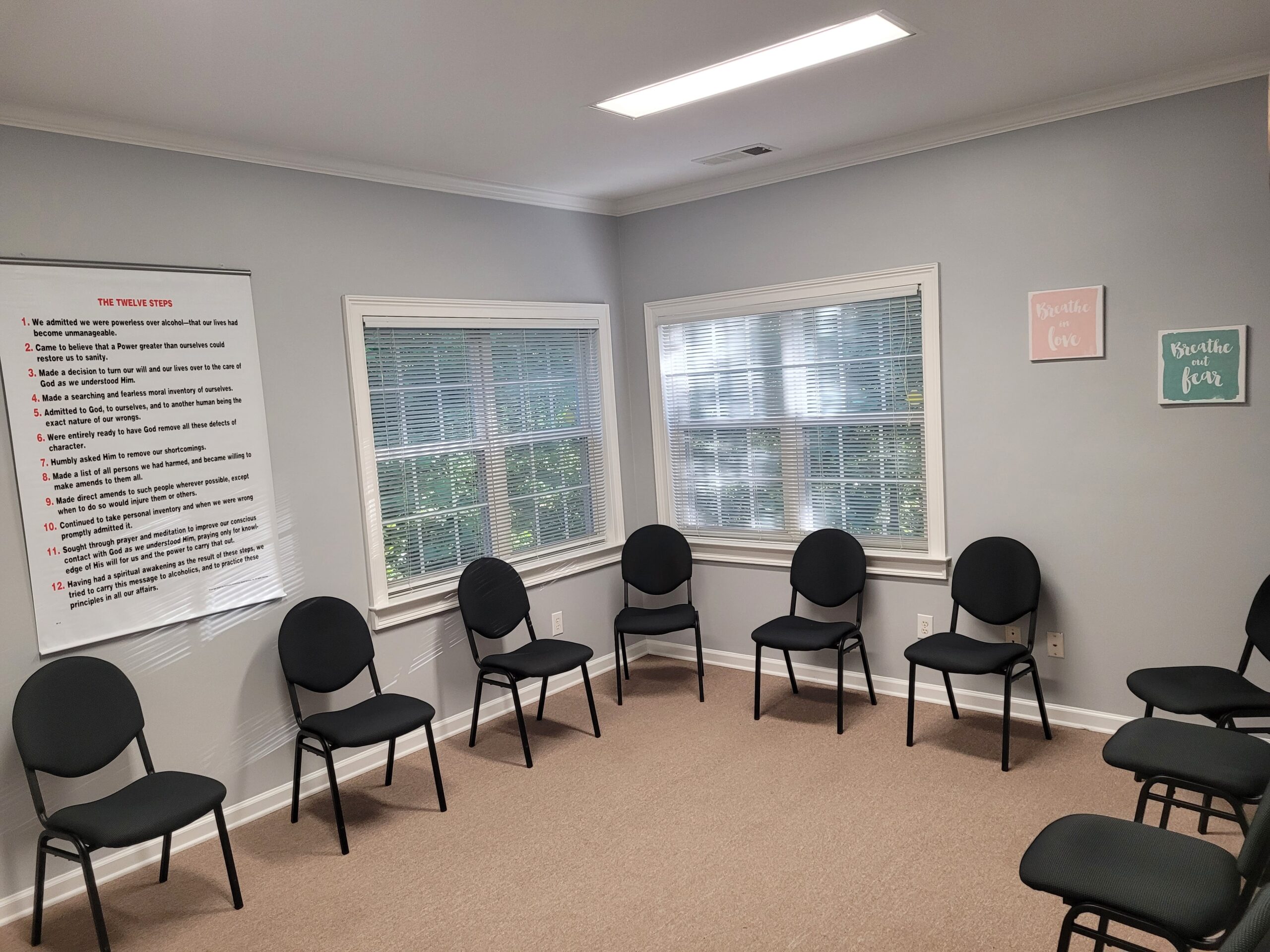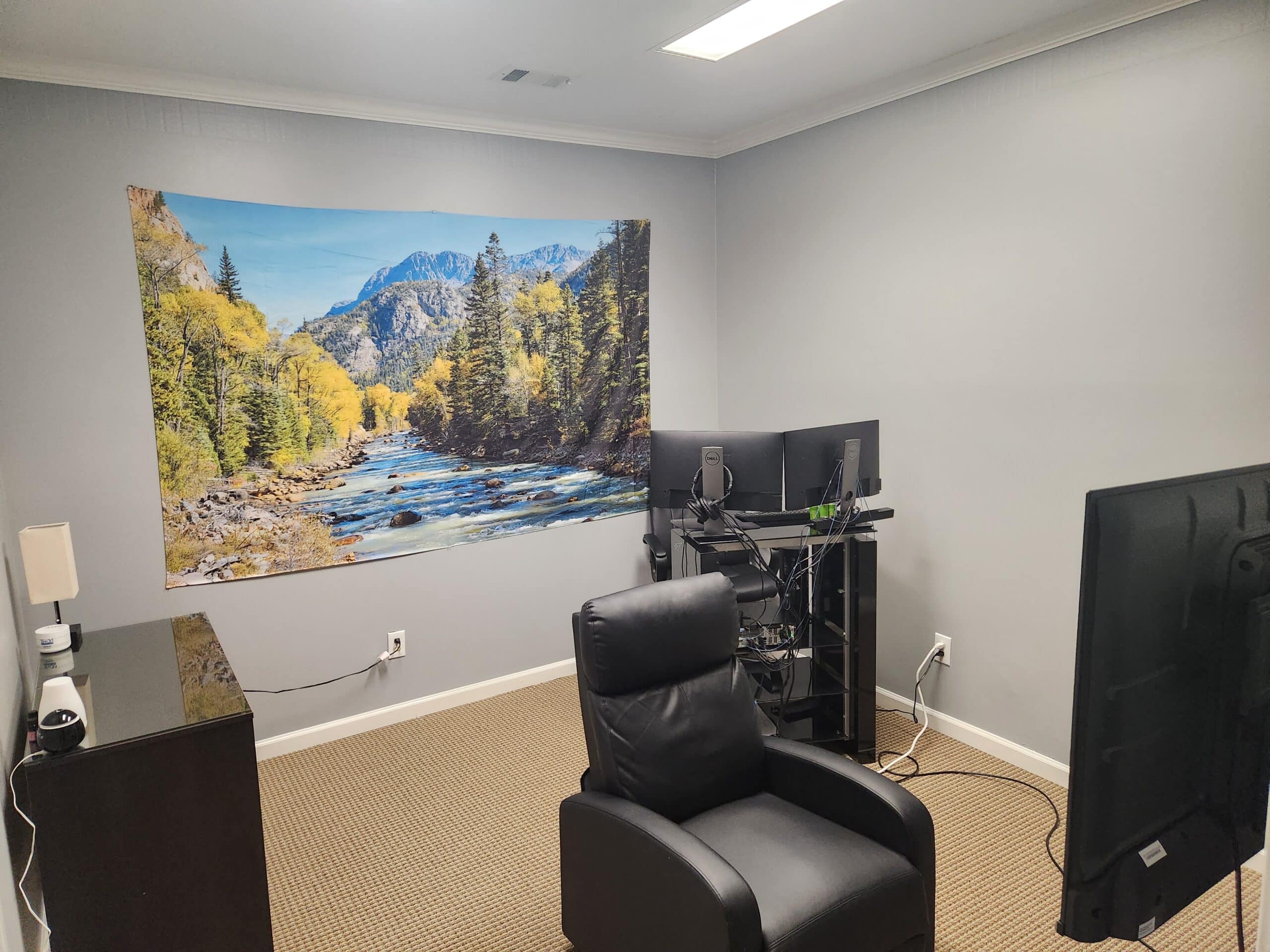
What is FMLA?
The Family and Medical Leave Act (FMLA) was enacted in 1993 to help employees balance their work and family responsibilities by allowing them to take reasonable unpaid leave for specific family and medical reasons.
Eligibility Requirements
To be eligible for FMLA leave, an employee must meet the following criteria:
- Work for a Covered Employer: The employer must have at least 50 employees within a 75-mile radius.
- Have Worked for the Employer for 12 Months: Employees must have been employed for at least 12 months.
- Have Worked 1,250 Hours in the Past 12 Months: Employees must have logged at least 1,250 hours of service during the 12 months preceding the leave.
- Work at a Location Where the Employer Has 50 or More Employees: Employees must work at a site where the employer has 50 or more employees within 75 miles.





